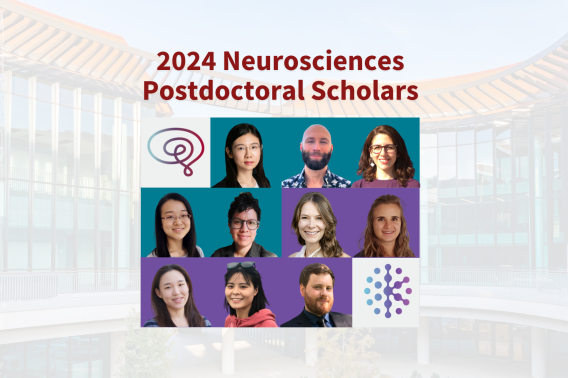Project Summary
Resilience to Alzheimer’s disease (RAD) describes those rare individuals who exhibit normal cognitive function while harboring a high disease burden. Better understanding of the mechanisms that confer protection against cognitive decline despite high-level AD pathology offers potential therapeutic insights for preventing dementia in AD. Recent advances in the field provide a unique opportunity to explore the spatial distribution of molecules in the human brain at an unprecedented level of detail.
However, the complexity of the data combined with its high dimensionality and the novelty of the techniques involved, has posed challenges in analyzing it, limiting the depth of our results. We hypothesize that combining spatial RNA imaging data with advanced machine learning will uncover intricate spatial subcellular patterns associated with RAD and thereby unveil molecular factors of brain resilience. Our goal is to advance novel machine learning methodology to illuminate subcellular and spatial molecular vulnerability in the context of RAD. We propose to evaluate this hypothesis through two aims: 1) Use spatial RNA imaging data and machine learning to establish a detailed spatial molecular map in four human brain regions, comparing RAD, normal controls (NC), and AD dementia (ADD) cases. This computational approach will refine and nuance spatial cell typing, drawing insights from factors such as gene expression, spatial context, and molecular topology in the brain. 2) Identify regional, contextual, and subcellular factors contributing to RAD using interpretable machine learning; and potentially provide a link across epigenomic and proteomic data. Getting insight into high dimensional data is challenging. We will develop a spatial statistical machine-learning pipeline to predict the three groups, thereby automatically pinpointing subcellular morphological and topological features associated with RAD.
Our unprecedented spatial cell atlases as well as the machine learning tools will be made publicly available to support future research.
Project Details
Funding Type:
Brain Resilience Scholar Award
Award Year:
2024
Lead Researcher(s):
Team Members:
